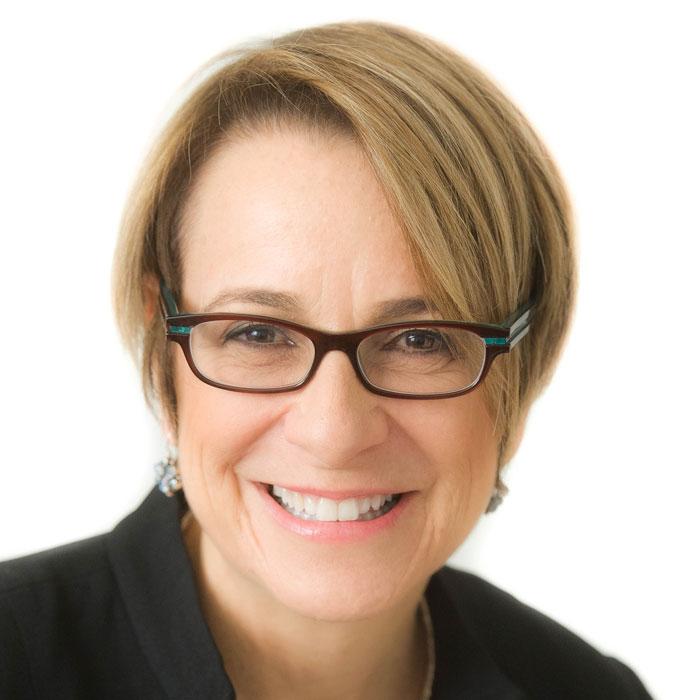
Karen Friedman
Executive Vice President @ Pension Rights Center
Karen Friedman is the Pension Rights Center’s executive vice president and policy director. She develops solutions and implements strategies to protect and promote the rights of consumers, and for more than 25 years has represented their interests in the media and before congressional committees. Karen is regularly interviewed by the media and has been quoted in newspapers including the New York Times, the Washington Post, the Wall Street Journal and has appeared on television news shows as diverse as Good Morning America, Fox, the NewsHour and CSPAN. Karen is running the Center’s Keep Pension promises Initiative and working to find creative solutions to increase coverage for low-and-moderate wage earners. Before working at PRC, Karen, a graduate of Georgetown University, also worked for many years as the Deputy Legislative Director of the Human Rights Campaign, as the Media Director for the New Israel Fund and ran a political satire company called the Oh Sooo Politically Correct Players. Karen is a member of the National Academy of Social Insurance.
Among the Center’s activities and accomplishments:
- The Center co-sponsored Retirement Security for All: A Forum for State Action with Dēmos and the New School. The forum brought together state officials with experts from Capitol Hill and a variety of organizations to discuss proposals for state-administered retirement plans for private-sector workers and to share strategies for moving these proposals forward.
- The Center took the lead in challenging the new practice of offloading pensions by selling them to insurance companies or offering lump-sum buyouts. It called on Congress to halt this practice of “de-risking” and hold hearings on the impact of such moves on retirees.
- With training and technical assistance provided by the Center’s Legal Assistance team, the Administration on Aging’s Pension Counseling and Information Program has recovered more than $175 million in retirement benefits for thousands of older Americans. The Program’s six regional projects now serve 30 states.
- At the “Re-Imagining Pensions” conference, the Center’s Director, Karen Ferguson, presented a proposal for a new type of retirement plan, Retirement Security Funds. These independently-run, single-purpose pension funds would be operated by financial institutions, with responsibility shared by both employers and employees.
- The Center co-sponsored a conference on “Re-Imagining Pensions: Using Innovative Pension Plan Design to Reduce Risk and Increase Retirement Income” with Covington & Burling and the Urban Institute. Top policy experts joined government officials to examine new retirement options for private-sector workers, addressing the issues of risk-sharing, coverage and adequacy, and annuitization.
- The Center joined with friends and supporters to celebrate a milestone: The Center’s 35th Anniversary.
- The Center’s advocacy helped ensure that financial institutions must disclose, in plain English, the fees they are charging consumers in their 401(k) plans.
- The Center, along with Retirement USA partners, announced the $6.6 trillion Retirement Income Deficit. The Retirement Income Deficit, the gap between the pension and retirement savings that American households have today and what they should have to maintain their living standards in retirement, depicts the magnitude of the nation’s retirement income crisis.
- The Center continues its efforts to stop hospitals, schools, and other organizations from denying pension protections to their employees by claiming that their guaranteed private pension plans are “church plans”.
- The Center joined with other retiree, employee, and consumer groups to launch Retirement USA, an ambitious undertaking to rethink and reshape the nation’s private retirement system. To address the shortcomings of the current retirement system, the Retirement USA partners announced 12 principles and presented proposals for a new system that, in conjunction with Social Security, would provide adequate and secure retirement income for all workers.

